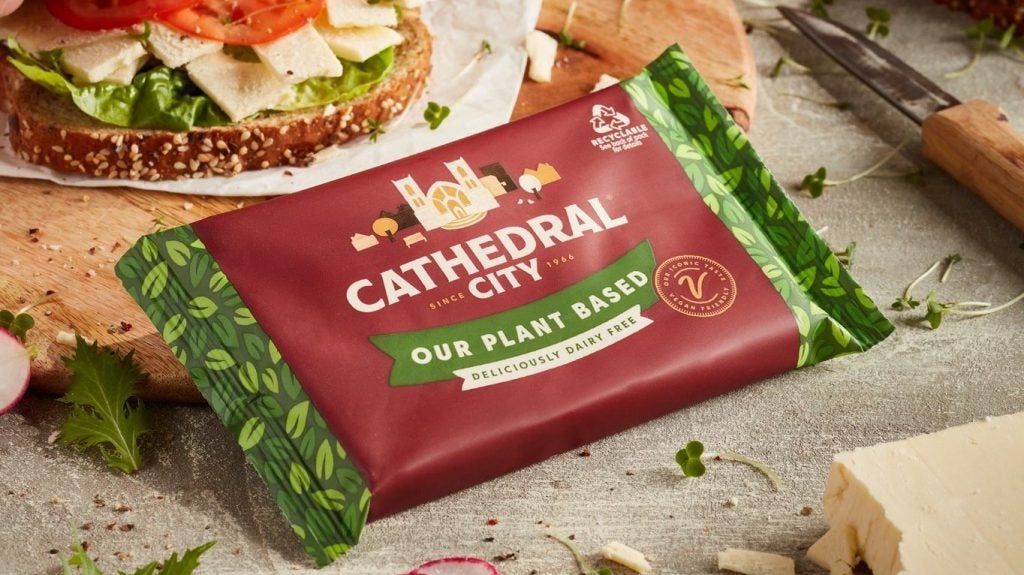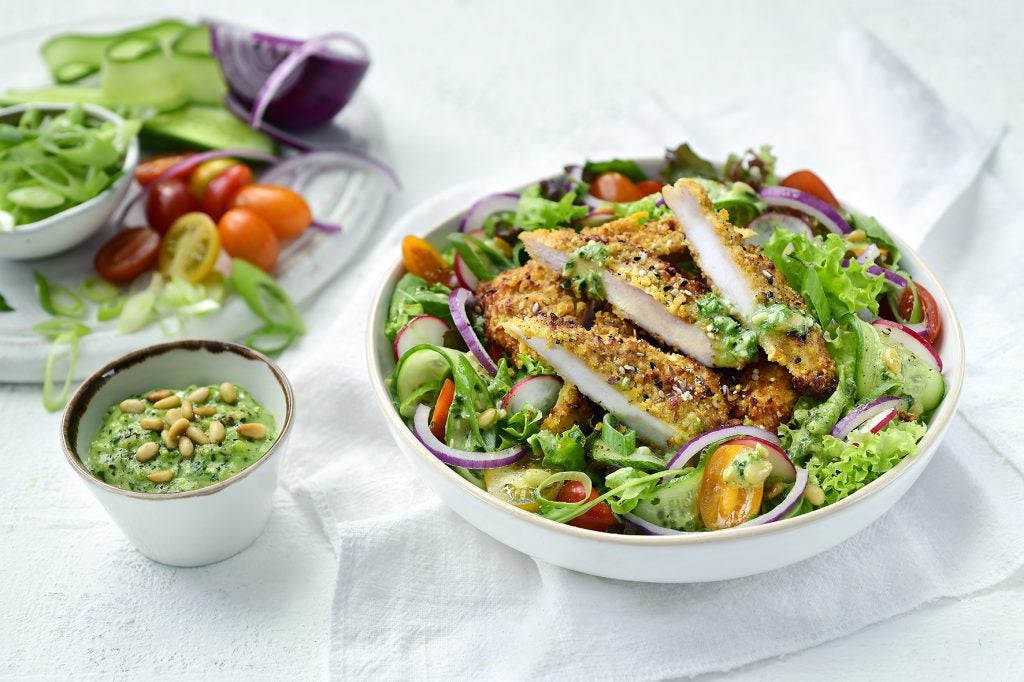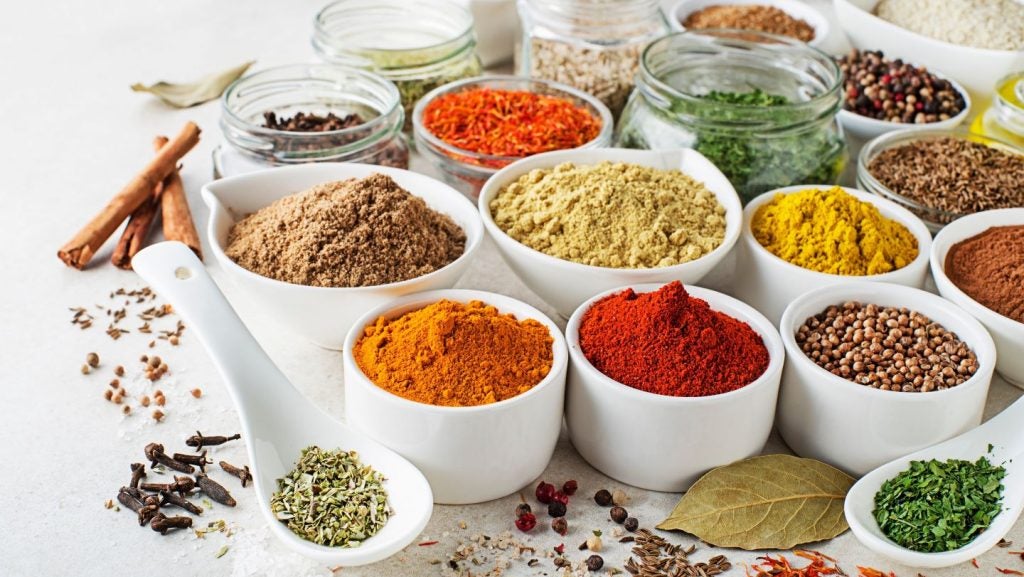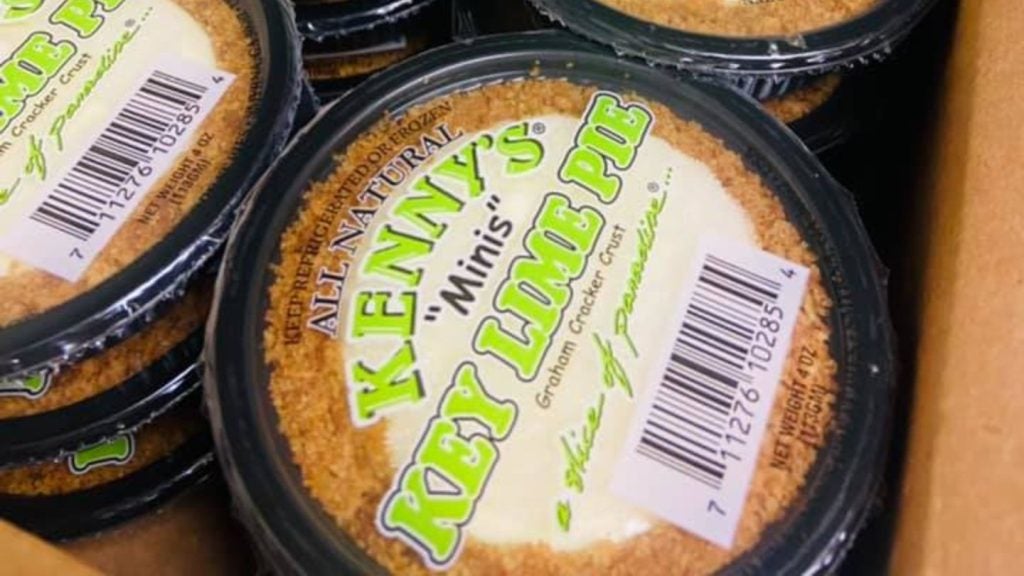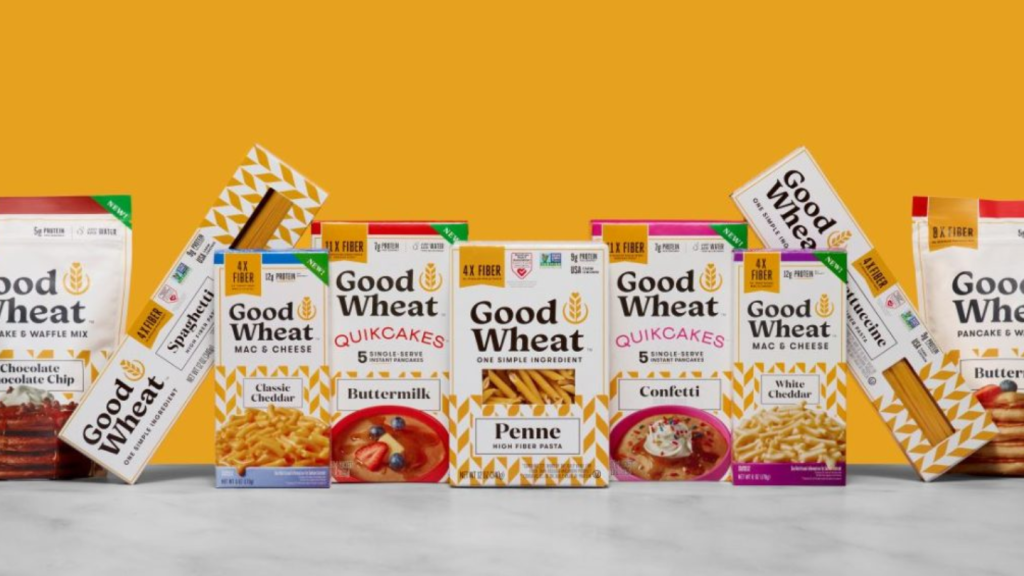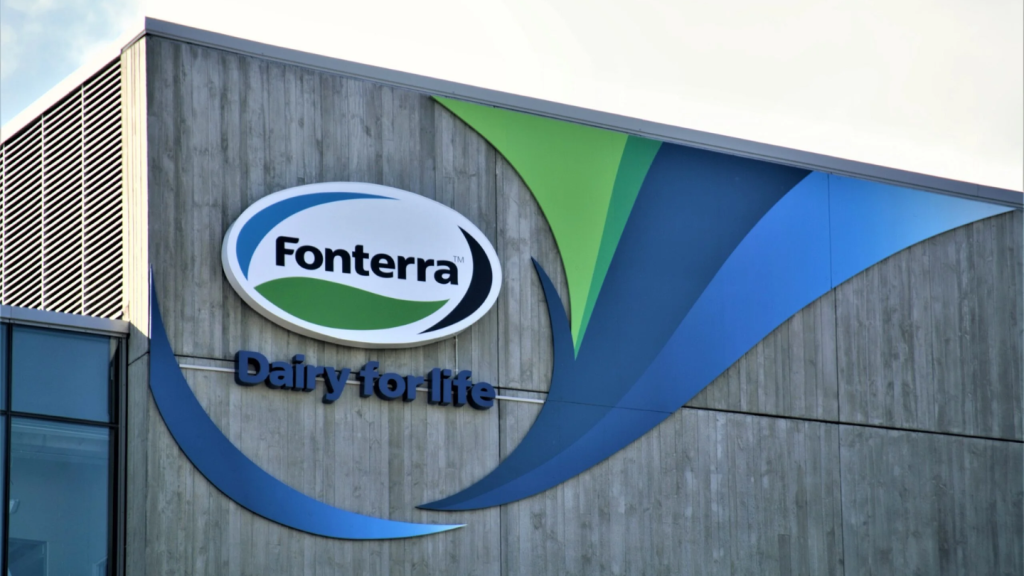Alongside our daily news coverage, features and interviews, the Just Food team sifts through data sets to bring you a round-up of the week in numbers.
Saputo in Canada surprised markets with the announcement its president and CEO – the grandson of the founding family member - would step down in the summer to become the dairy group’s executive chairman.
The transition for Lino Saputo Jr., who has occupied the CEO seat for two decades, comes three months after the company reported an unprecedented quarterly loss, although that was not cited as a factor.
Over in another section of the supermarket aisle, sweet treats and sauces supplier Premier Foods in the UK, indicated volumes have taken over from inflation-induced price increases to drive revenue growth.
In a shout-out to milk alternatives, dairy major Lactalis launched a range of plant-based drinks in Canada, where the market is slated to reach more than half a billion US dollars before the decade’s end.
Nestlé, meanwhile, revealed yet another capital investment in the pet-food category with plans to extend a factory in Mexico for its Purina brand.
Saputo CEO changes role
Carl Colizza, the current president and chief operating officer of Saputo’s North America business division, was announced as the successor to president and CEO Lino Saputo Jr., who steps down in August.
Both are veterans at the Canadian dairy business, which Colizza joined in 1998. Mr Saputo, the grandson of Giuseppe Saputo, who started the company in 1954, said he will be “more focused on strategic oversight” in his new role of executive chair.
The management shift comes a matter of weeks before the Cathedral City cheese brand owner reports its annual results on 7 June.
Saputo turned to an unprecedented loss in the third quarter due to a C$265m ($196.8m) impairment charge related to the Australia dairy division, linked to falling milk supply and a mismatch in cheese and ingredients prices.
While the outgoing CEO has been consolidating operations in Australia, with the number of plants cut from 11 to six, Saputo as a business has also been traversing the headwinds associated with inflation and the cost of living.
While Saputo’s volumes rose in the three months to 31 December, Saputo Jr. said “volatile global dairy commodity markets and a challenge to [the] consumer were persistent themes in the third quarter, much like in the fiscal year to date”.
Mr Saputo also described in his third-quarter presentation the continuing “dynamic macroeconomic environment”, with a December devaluation in the Argentina peso and hyperinflation in that country also presenting headwinds.
“As macroeconomic drivers impact the global economy and continue to drive commodity price volatility, we remain focused on managing the factors within our control and stabilising the business,” he said.
Premier Foods' volume upside
The CEO of the Mr Kipling and Sharwood’s sauces brand owner indicated he is done with pricing as the company returned to volume-led growth, replete with gains in UK market share and a drop in the debt leverage ratio to a historic low.
Alex Whitehouse also flagged potential acquisitions, either within the UK or overseas, to bolster his branded-growth model after completing a pair of deals in the past two years – The Spice Tailor and Fuel10K.
As he discussed the volume progression in the fourth quarter and the full-year results, Whitehouse said: “We went into the quarter with essentially value-led growth, so higher price per unit, and we exited the quarter with volume-led growth, so increased volumes at a lower price per unit.
“I think what we’ll see through the current financial year is that the shape of the end of our quarter four – so the exit rate of our quarter four – is probably what will play out through this [new financial] year.”
In the UK, where revenue climbed 13.6%, Premier Foods secured 29 basis points of market-share gains.
For the group has a whole, revenue climbed 15.1% to £1.12bn ($1.41bn), with branded revenue up 13.5%.
Since taking the helm of Premier Foods in 2019, Whitehouse has pursued a branded growth approach and moved away from the non-branded part of the business.
“We might do more bolt-on acquisitions in the UK. If we found something as good as Fuel10k or The Spice Tailor again, we would certainly be interested,” Whitehouse said.
“But we might also look at acquisitions overseas that would give us a bridgehead into some of our target overseas markets and therefore would essentially facilitate or accelerate our overseas expansion plans.”
The Oxo seasonings brand owner announced in March it would have an additional £33m of cash on hand to put to work amid the suspension of pension deficit contributions.
Premier Foods said this week that would provide “enhanced options to help the group deliver on its growth ambitions”, including M&A, and capital investment to “increase efficiency and automation” at its plants.
Lactalis' play in alt-milk
The French dairy giant has chosen Canada to roll out a six-strong range of “high protein” plant-based milk drinks, a market forecast to remain in solid growth through much of the 2020s.
Sold under the brand name Enjoy, the oat-based beverages contain eight grams of pea protein per 250 ml serving.
Enjoy seeks to cater to the demand for alternative-dairy products that “have positive health impacts, including non-GMO and gluten-free certification with no artificial colours, preservatives or flavours”, according to Nathalie Cusson, the general manager of Lactalis Canada’s liquid dairy division.
“What sets Enjoy apart is its uniquely high-protein content, which consumers are increasingly desiring in their daily diet,” she said.
Lactalis’s business in Canada is, like in many of the privately-owned group’s markets, centred on cheese, not least after its acquisition in 2018 of a series of assets from Kraft Heinz.
Nevertheless, Lactalis appears to have spotted what it believes is an opportunity in a different category in Canada.
Lactalis has already launched plant-based spreads and yogurts in Canada and now the dairy titan is turning its hand to milk alternatives, which could, if the estimates turn out to be accurate, offer some healthy returns for the business.
Looking into the 2020s, GlobalData, Just Food’s parent company, forecasts the market will reach a value of $531.6m (at a CAGR of just over 9%; slower but still healthy), while volumes are predicted to reach 214.7m litres (a CAGR just shy of 5%).
Nestlé pet capex
With at least three global investments in the pet-food space under its belt this year, Nestlé announced another in Mexico, a market that “plays a fundamental role in our operations in Latin America”.
Nestlé is channelling SFr200m ($220.9m) into its factory in the city of Silao to add a third production line for the Purina brand of wet pet food and a fourth for dry food varieties. Adjacent land to the plant has also been purchased with a view to future expansion.
“Mexico is at the heart of our growth strategy in the region,” Laurent Freixe, the CEO of Nestlé’s Latin America business zone, said. “Mexico plays a fundamental role in our operations in Latin America, serving as a key market and strategic hub.”
Mexico follows previously announced capex projects in the US, Italy and Hungary this year in a category that has grown in value terms for the CPG giant. However, growth rates have slowed from the peak years during Covid, when pet ownership shot through the roof.
Nestlé added that an additional 48-hectare plot of land next to the Silao facility has been purchased for future expansion, which will also entail the construction of a distribution unit to serve the local and overseas markets.
“The Mexican market is the most important for Purina in Latin America, representing 45% of Purina's total sales in the region,” Nestlé said in a statement. “It is also the fourth-largest market for Purina worldwide, highlighting the growing importance of emerging economies for the pet-food business.”


